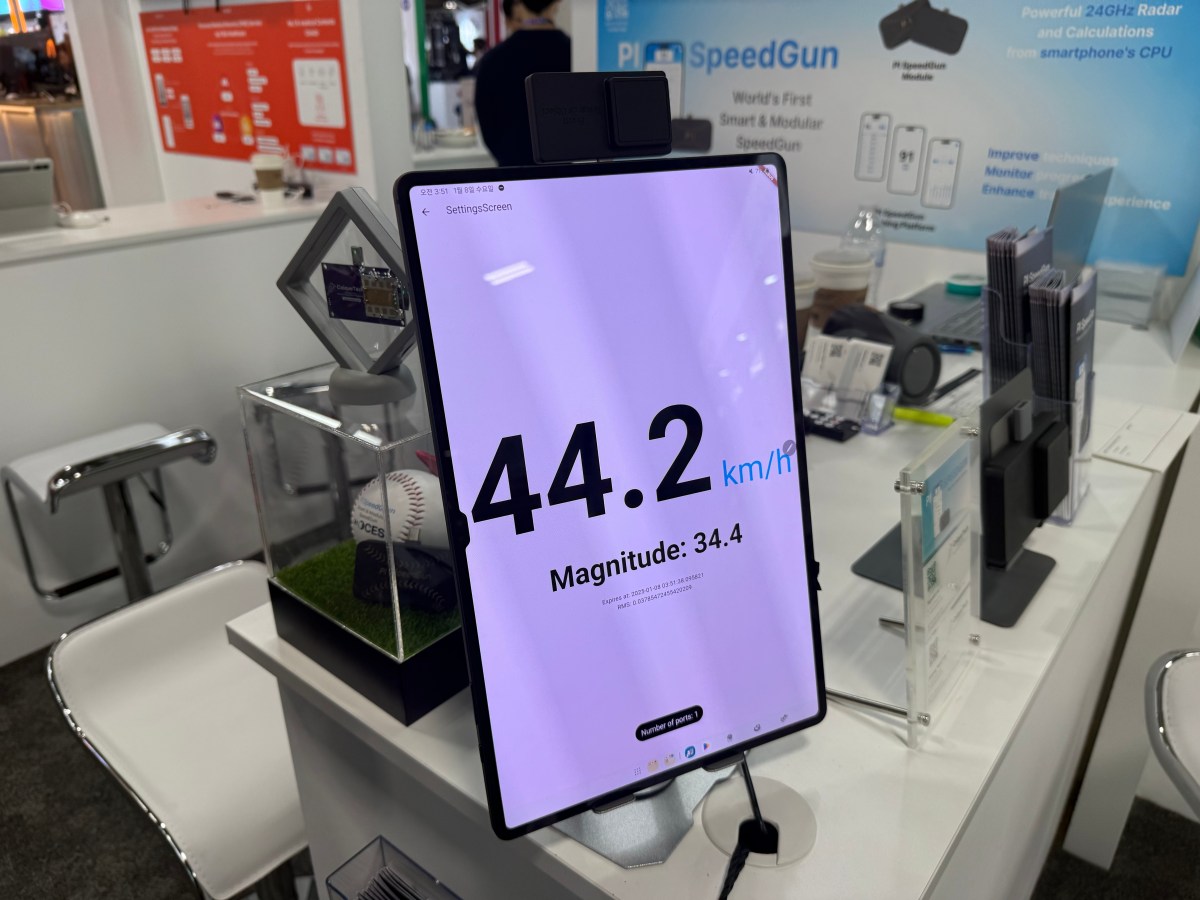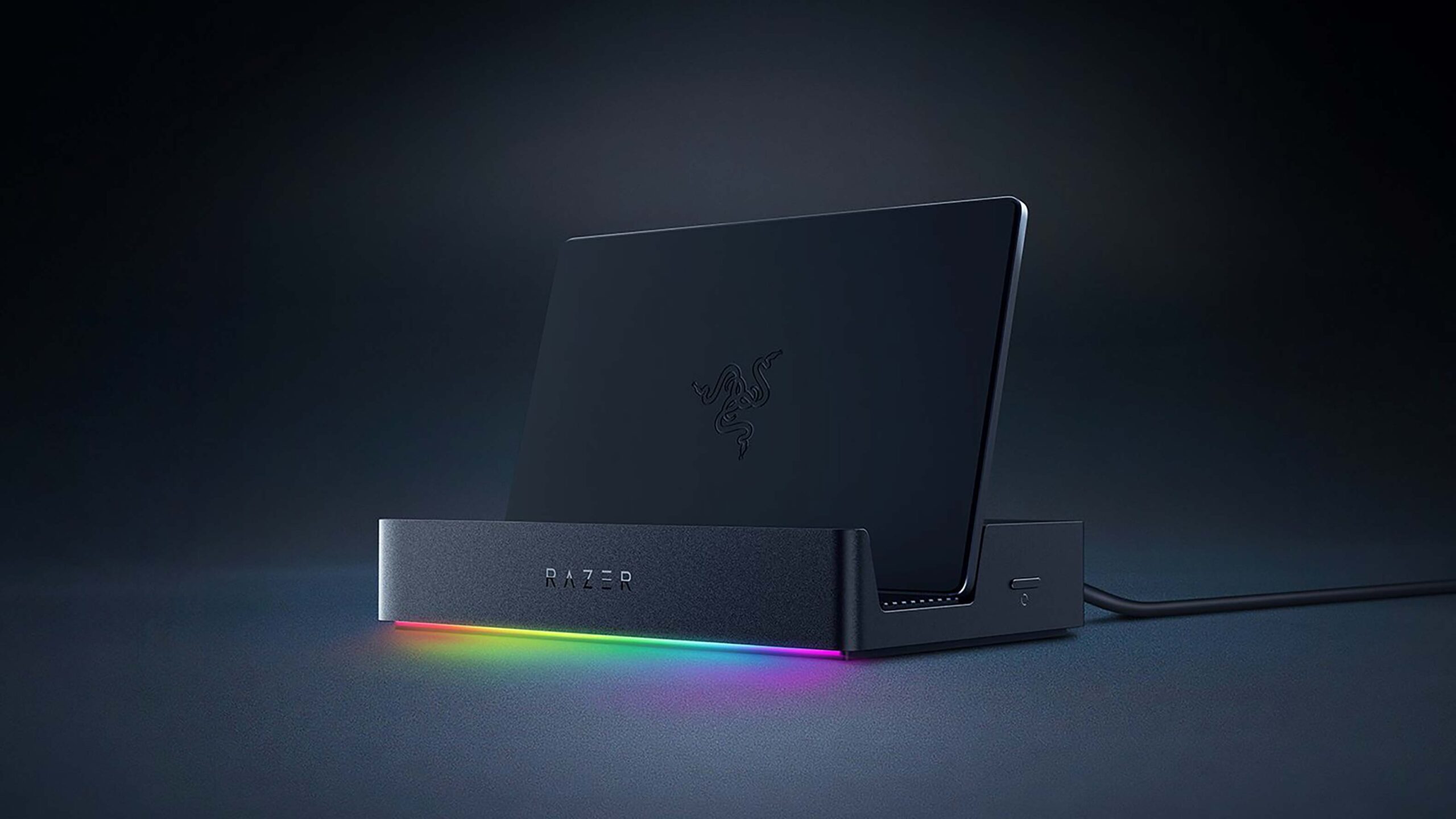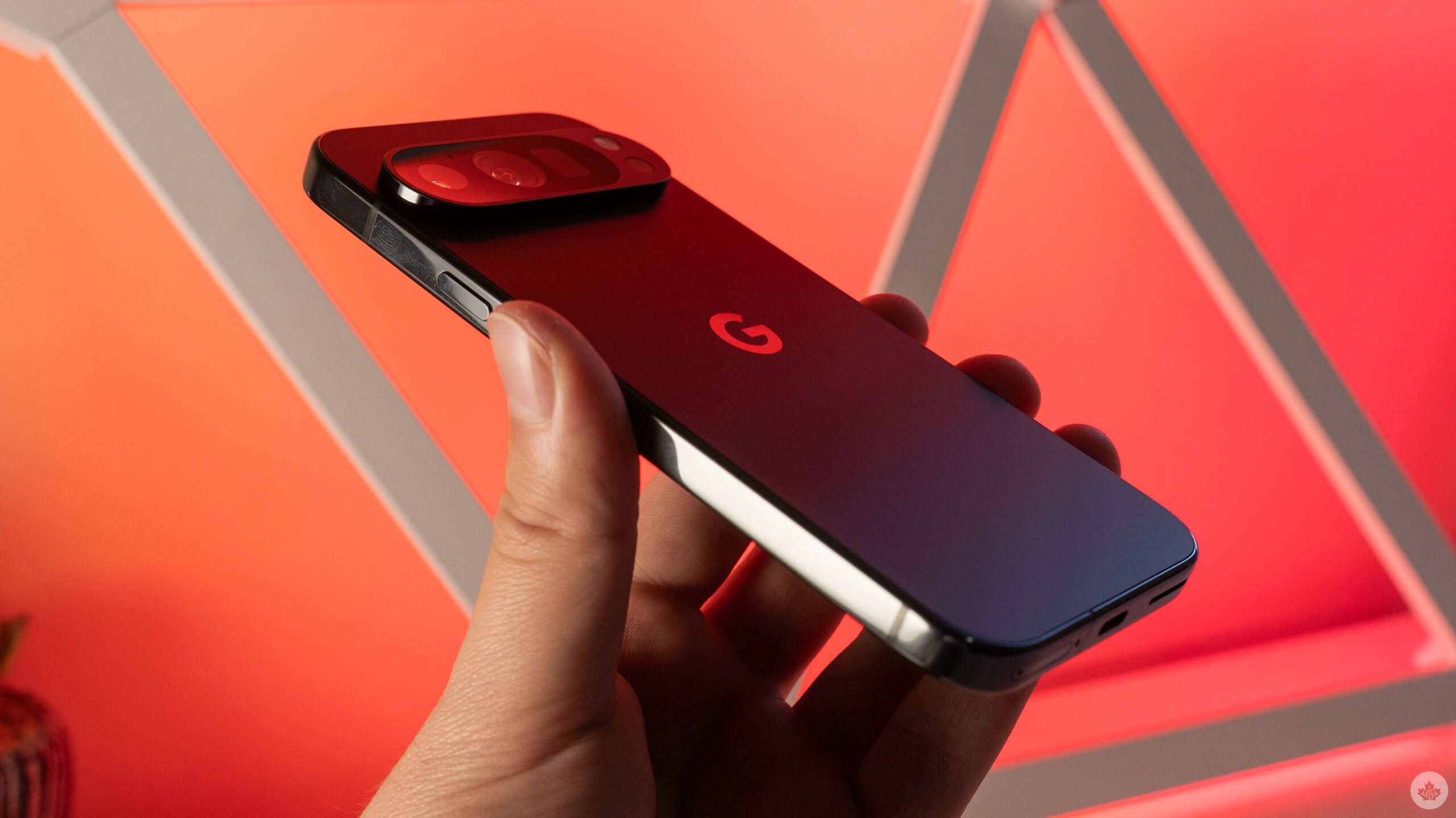![]()
The lawsuit claims that Honey switches out affiliate links with its own, stealing attribution and diverting commissions.
Online content creator LegalEagle has filed a lawsuit against PayPal Honey, a browser extension that sources coupon codes, for allegedly stealing last click attributions from online influencers.
While murmurs surfaced years earlier, a video posted to YouTube weeks ago by MegaLag – a content creator – propelled the allegations to the forefront, garnering widespread attention.
In the video, MegaLag described Honey’s actions as a “scam”, “stealing money from influencers,” and demonstrated how the company switches out online influencers’ affiliate links to its own when at checkout.
PayPal Honey and affiliate shopping
Founded in 2012 and acquired by the fintech giant PayPal in 2020, Honey is a browser extension that automatically searches the internet for coupon codes, applying them to a user’s purchase at check out. Extremely popular among online influencers, Honey has partnered with dozens of content creators over the years, often being described as “basically free money”.
Separately, in a popular form of advertising, online content creators promote products through affiliate links which contain unique tracking tags that identify the source of a purchase, allowing sellers to allocate commissions to influencers whose links were used.
When consumers use the provided link or code immediately prior to making the purchase, the owner of the unique link receives the affiliate attribution to the sale, along with a commission, in a practice called “last click attribution” in affiliate marketing.
What are the allegations?
However, according to the lawsuit filed against PayPal on 2 January, Honey has “exploited” affiliate programs to “divert commissions” from their rightful owners. The lawsuit, as well as MegaLag’s video claim that – when installed on a browser – Honey pops up, intervening during checkout, replacing the existing affiliate attribution with its own and “falsely claiming credit” for referrals that would have otherwise gone to other online influencers.
This, the lawsuit claims results in commissions and other benefits being rerouted to PayPal, instead of the content creator, even when Honey has not provided any coupons or benefits to the consumer, resulting in “substantial economic damages”.
Moreover, according to the class action complaint filed in California’s Northern District Court, Honey Gold – the company’s rewards system – also overrides the original affiliate link. According to the lawsuit which provided an example of Honey’s ‘exploitation’, the Gold system provides consumers with a reward equivalent of $0.89 for a purchase while diverting a $35.60 commission owed to the marketer, to itself.
Although, in a statement provided to The Verge, PayPal’s vice president of corporate communications Josh Criscoe said that the company disputes the allegations, adding that they will “defend against them vigorously”.
“Honey follows industry rules and practices, including last click attribution, which is widely used across major brands,” he said.
However, while the lawsuit acknowledges that last click attribution is the “industry standard,” it claims that Honey “unlawfully” steals the attribution for online sales from influencers through “deceitful and clandestine methods”.
Early last year, PayPal announced a major reduction in its global workforce by 9pc as a cost cutting measure.
Don’t miss out on the knowledge you need to succeed. Sign up for the Daily Brief, Silicon Republic’s digest of need-to-know sci-tech news.








Leave a Comment